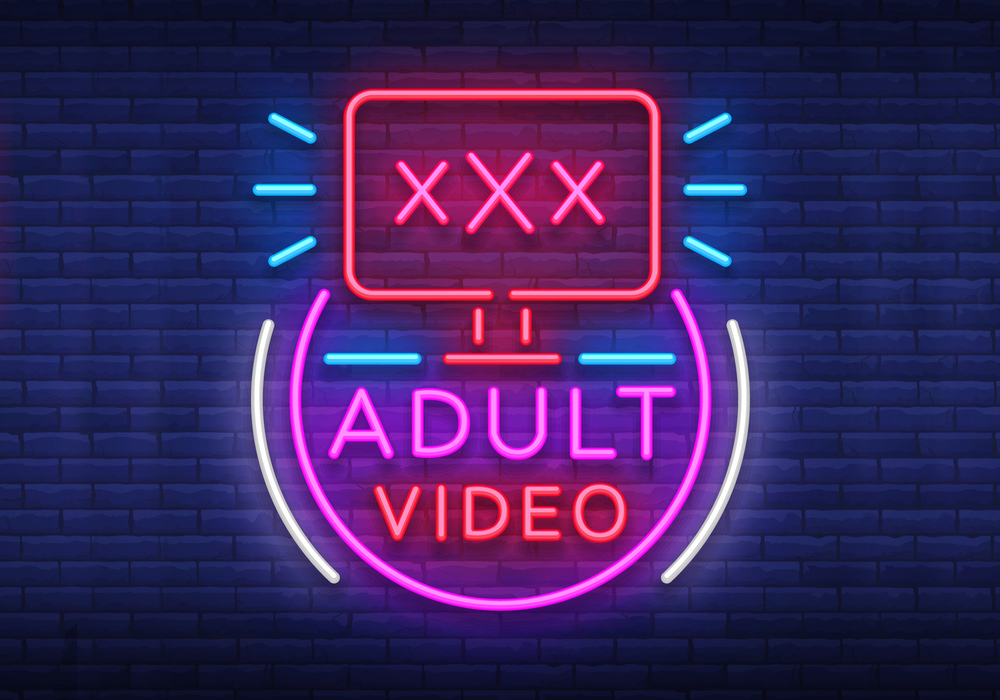“pornography apk
Okay, here is an article about pornography apps, specifically focusing on the "APK" aspect and its associated risks, written in English, aiming for approximately 1600 words.

The Hidden Dangers of Pornography Apps (APKs): Risks, Impacts, and How to Stay Safe
In the digital age, access to information and entertainment is unprecedented, largely thanks to the proliferation of smartphones and mobile applications. From productivity tools and social media to gaming and streaming services, there’s an app for nearly everything. This ease of access extends to adult content, including pornography, which is readily available through websites and, increasingly, through dedicated mobile applications. While accessing adult content online has its own set of considerations, the use of specific "pornography apps," particularly those distributed outside official app stores via APK files, introduces a unique and often severe set of risks that many users are unaware of.
This article delves into the world of pornography apps, focusing on the dangers associated with obtaining them through unofficial channels, primarily via Android Package Kit (APK) files. We will explore what these apps are, why they are popular, the significant security, privacy, legal, and psychological risks they pose, how to identify and avoid them, and the broader impact on individuals and digital safety.
Understanding Pornography Apps and the Significance of "APK"
At its core, a pornography app is a mobile application designed to provide users with access to adult video, images, or other related content directly on their smartphone or tablet. These apps can range from simple browsers optimized for specific adult websites to sophisticated platforms offering streaming, downloads, social features, and curated content libraries.
The term "APK" stands for Android Package Kit. It is the file format used by the Android operating system for the distribution and installation of mobile applications. When you download an app from the Google Play Store, you are essentially downloading and installing an APK file, but this process is managed automatically and securely by the store.
However, APK files can also be obtained from sources other than the official Google Play Store. This process is known as "sideloading." Sideloading allows users to install apps that are not available on the official store, perhaps because they violate the store’s policies (which adult content often does), are region-restricted, or are beta versions. While sideloading has legitimate uses (like installing open-source apps not on Play Store, or apps from trusted third-party stores like Amazon Appstore or F-Droid), it bypasses the security checks and vetting processes that official app stores provide.
For pornography apps, distribution via APK files from unofficial websites or forums is extremely common precisely because mainstream app stores like Google Play and Apple’s App Store have strict policies prohibiting sexually explicit content. This means that most dedicated pornography apps available for Android devices are distributed via these unofficial APKs. And herein lies the primary source of danger.
The Allure: Why Users Seek Out Pornography Apps (Especially via APKs)

Despite the risks, dedicated pornography apps, even those distributed unofficially, attract users for several reasons:
- Convenience and Dedicated Experience: A dedicated app can offer a more streamlined and potentially faster browsing or streaming experience compared to using a mobile web browser. Interfaces might be optimized for touchscreens, and features like offline downloads (though often risky in unofficial apps) can be appealing.
- Discreet Access: An app icon on the home screen might seem more discreet than having a browser history filled with adult website visits, although this is a false sense of security as we’ll discuss regarding privacy risks.
- Perceived Exclusivity or Premium Content: Some unofficial apps might falsely advertise access to exclusive or paid content for free, luring users with the promise of bypassing subscriptions.
- Push Notifications and Engagement: Apps can send push notifications, reminding users to open the app and consume content, fostering engagement and potentially compulsive use.
- Bypassing Website Restrictions: In some regions or networks, access to certain websites might be blocked, and users might hope a dedicated app can circumvent these restrictions.

However, the perceived benefits of using unofficial pornography apps are vastly overshadowed by the significant and often hidden dangers they introduce.
The Significant Risks Associated with Unofficial Pornography Apps (APKs)

Obtaining and installing pornography apps from untrusted sources via APK files is fraught with peril. The lack of official vetting means these apps can contain malicious code, exploit user vulnerabilities, and expose individuals to serious harm. The risks can be categorized as follows:
-
Severe Security Risks (Malware and Viruses): This is arguably the most immediate and widespread danger.
- Bundled Malware: Unofficial APKs are a prime vector for distributing malware. Cybercriminals often bundle viruses, spyware, ransomware, trojans, or other malicious code within seemingly functional pornography apps. Users download the app expecting adult content but unknowingly install harmful software alongside it.
- Spyware: These apps can contain code that spies on your activity. This can include recording keystrokes, taking screenshots, accessing your camera and microphone, monitoring your location via GPS, and tracking your browsing habits outside the app. This data can be used for targeted advertising, identity theft, or even blackmail.
- Ransomware: Some malicious APKs can encrypt the data on your phone (photos, videos, documents) and demand payment (ransom) to unlock it. This can lead to permanent loss of precious personal data.
- Trojans: These malicious programs disguise themselves as legitimate apps. Once installed, they can perform various harmful actions, such as sending premium SMS messages without your knowledge (leading to exorbitant phone bills), participating in botnets, or downloading further malware.
- Adware: While less destructive than ransomware, aggressive adware can make your device almost unusable by flooding it with intrusive pop-up ads, often unrelated to the app itself. These ads can also lead to phishing sites or further malware downloads.
- Data Theft: Malicious apps can be designed to steal sensitive information stored on your device, including login credentials for banking apps, email accounts, social media, and other services.
- Unauthorized Access: Some malware can create backdoors into your device, allowing attackers remote access to your files and functions.
-
Major Privacy Risks: Even if an app isn’t overtly malicious in the form of a virus, it can still pose significant privacy threats.
- Excessive Permissions: Risky apps often request far more permissions than they need to function. Why does a video player need access to your contacts, SMS messages, call logs, or internal storage beyond its own data folder? Granting these permissions gives the app developer (or whoever controls the malicious code within) access to highly sensitive personal information.
- Data Collection and Tracking: Unofficial apps are notorious for collecting vast amounts of user data without transparency or consent. This can include device identifiers, IP addresses, location data, usage patterns, and even personal information scraped from other apps if permissions are granted. This data can be sold to third parties, used for intrusive profiling, or stored insecurely, making it vulnerable to breaches.
- Potential for Blackmail and Doxing: If an app gains access to your camera, microphone, or personal files (like photos or videos), this data can be used for blackmail, especially given the sensitive nature of the app’s purpose. Attackers could threaten to expose your use of the app or sensitive content found on your device unless you pay them. Doxing (publishing private information about an individual online) is another potential threat if sufficient personal data is compromised.
- Insecure Data Transmission: Data sent to and from unofficial app servers might not be encrypted, making it vulnerable to interception by third parties.
-
Serious Legal and Ethical Risks:
- Accessing Illegal Content: The most severe legal risk is unknowingly or knowingly accessing illegal content, particularly Child Sexual Abuse Material (CSAM). While mainstream platforms have measures to detect and report such content, unofficial apps and websites often operate with impunity, becoming havens for illegal material. Accessing, possessing, or distributing CSAM is a severe crime with devastating consequences for victims and severe legal penalties for perpetrators. Any encounter with such material should be reported to the authorities immediately.
- Copyright Infringement: Many unofficial apps offer pirated content, violating copyright laws. While the end-user is less likely to face legal action than the distributor, it is still an illegal activity that harms content creators.
- Non-Consensual Content: Risky platforms are more likely to host non-consensual pornography (like "revenge porn") or content created through exploitation. Engaging with such content, even passively, raises ethical concerns and can potentially have legal ramifications depending on jurisdiction.
- **
